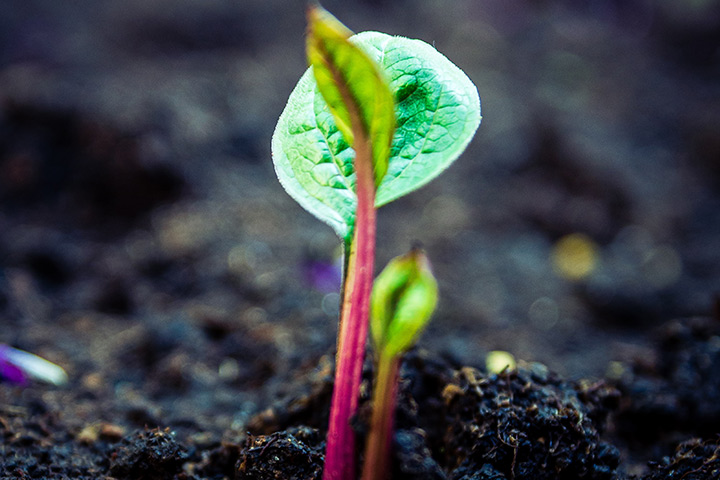Creating a Soil Tax Incentives Model with TNC
Creating a Soil Tax Incentives Model with TNC
Creating a Soil Tax Incentives Model with TNC
Program: Dow Sustainability Fellows Program
Program details » | All Dow Sustainability Fellows Program projects »

Spotlight on Soil Conservation
Though celebrated for its production of cherries, squash, and winter greens, the Michigan agricultural system is also a primary driver of soil sedimentation which can lead to habitat degradation, loss of fertile topsoil, reduced recreation value and use, increased flooding, and infrastructure damage. While farmers may see more direct impacts from sedimentation, local governments and citizens also bear indirect costs. In 2020, this Dow Sustainability Fellows team partnered with The Nature Conservancy (TNC) to develop a soil tax incentive model that could quantify the indirect costs of soil erosion and sedimentation to non-agricultural stakeholders. With this model, TNC will build and advocate for a sustainable funding program for statewide soil conservation efforts that will provide salient benefits to overall community and ecosystem health.
“There is a real opportunity to scale the [soil tax incentive] program state-wide and probably to other states as well.”
(Dow Fellows Program 2020)
Though celebrated for its production of cherries, squash, and winter greens, the Michigan agricultural system is also a primary driver of soil sedimentation which can lead to habitat degradation, loss of fertile topsoil, reduced recreation value and use, increased flooding, and infrastructure damage. While farmers may see more direct impacts from sedimentation, local governments and citizens also bear indirect costs. In 2020, this Dow Sustainability Fellows team partnered with The Nature Conservancy (TNC) to develop a soil tax incentive model that could quantify the indirect costs of soil erosion and sedimentation to non-agricultural stakeholders. With this model, TNC will build and advocate for a sustainable funding program for statewide soil conservation efforts that will provide salient benefits to the overall community and ecosystem health.